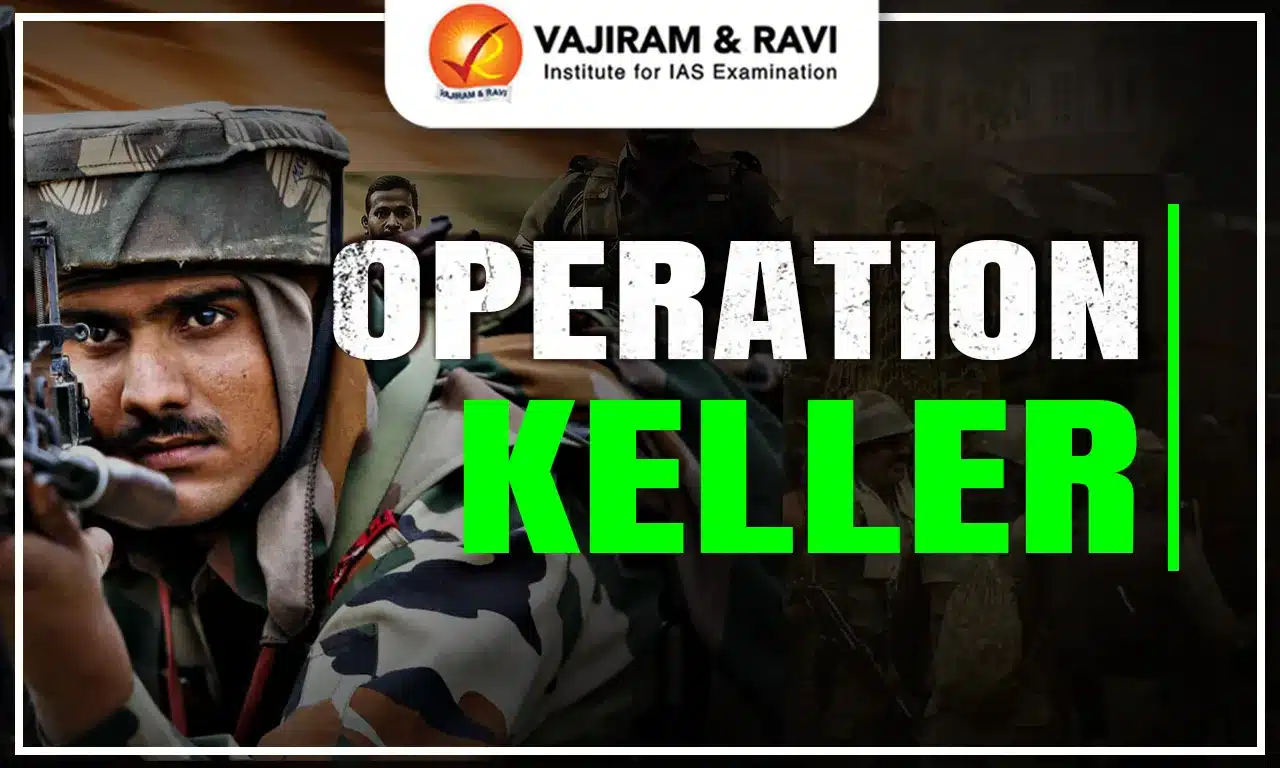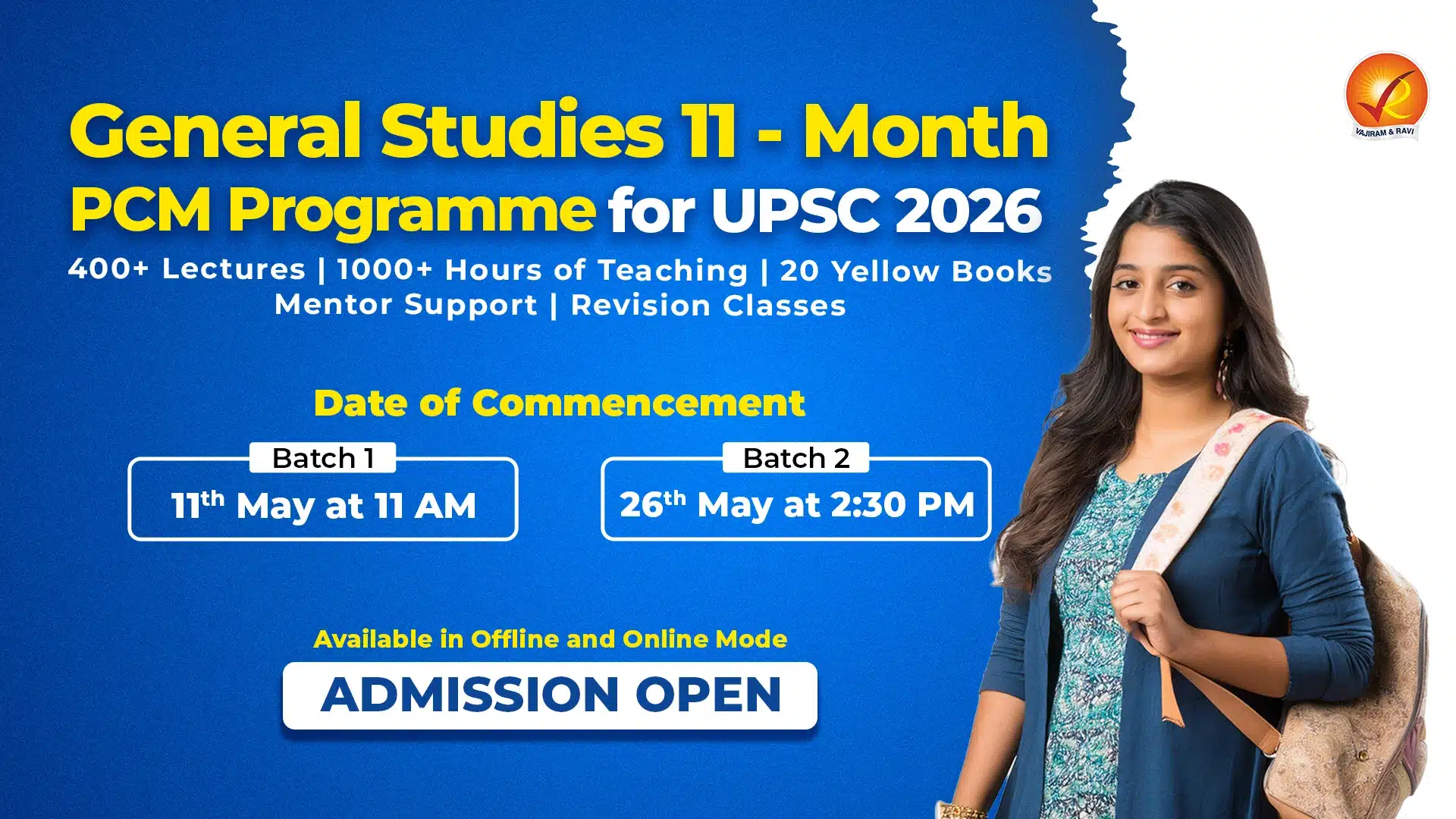The UPSC Medical Test is one of the crucial aspects of the process of selecting candidates for various prestigious services in the Government of India through the Civil Services Examination (CSE) conducted by UPSC.
The information below aims to provide detailed insights into the UPSC medical test, its significance, procedure, dos and don’ts, etc which will help the aspirants to prepare well before going for the medical test.
What is the UPSC Medical Test?
The UPSC Medical Test is a mandatory examination conducted as part of the Civil Services Examination for candidates who have advanced to the personality test stage.
- Its primary purpose is to comprehensively assess both the physical fitness and medical suitability of these candidates for various government services.
- This evaluation helps ascertain whether candidates possess the necessary physical capabilities and health to fulfil their assigned duties while also serving as a preventive measure against potential health-related challenges during their tenure.
- Depending on the specific government service, the examination may include assessments for particular medical conditions, highlighting the significance of transparency and honesty in the process.
- The UPSC Medical Test plays a vital role in ensuring that candidates selected for government roles are not only academically qualified but also physically and medically fit, contributing to the efficiency of the Indian bureaucracy.
Significance of UPSC Medical Test
The UPSC Medical Test holds paramount significance as it guarantees the physical fitness of selected candidates for their designated government services. It serves as a safeguard against potential health issues that might arise during their tenure, ensuring that candidates are in sound physical and mental health, and fully capable of fulfilling their duties without any hindrances.
Procedure for UPSC Medical Test
The Medical Examinations (excluding the PwBD category) will be held in designated hospitals in New Delhi.
- Dates and venues will be communicated by UPSC after the Interview/Personality Test.
- The examination includes a physical assessment and a radiographic examination (X-ray test).
- It is crucial for candidates to actively participate and cooperate during the examination process.
PwBD Category Examination
- The General Medical Examination of PwBD candidates takes place only at Safdarjung Hospital, New Delhi.
- The test for Benchmark Disability confirmation by the Benchmark Disability Expert Panel (BDEP) is held at AIIMS, New Delhi.
Further Procedure
- Interaction with Medical Board: Candidates will interact with the Medical Board for further necessary action.
- Communication of Findings: Findings of the Medical Examination will be published on the website accessible only to the candidates.
- Temporarily Unfit Status: Candidates declared ‘Temporarily Unfit’ should not wait for final results and should undergo re-examination.
- Fitness Certificate: Candidates can submit the Fitness Certificate issued by a Registered Medical Practitioner for re-assessment.
- Allocation Finalization: Delayed joining due to an appeal against the Medical Board’s findings may delay allocation and training.
- Appeal Process: Candidates dissatisfied with the Medical Board’s findings can file an appeal online through DoPT’s website.
- PwBD Category Appeal Process: PwBD candidates can file an appeal for a Benchmark Disability percentage below 40% through DoPT’s website.
- Benchmarks by ADMB: If ADMB recommends a percentage different from BDEP, the higher percentage will be considered.
- Communication to DoPT: All communications should include Roll No., Full Name, Contact No., Postal Address, and Email ID.
- Regular Updates: Candidates are advised to regularly check the DoPT website for updates on Medical Examination results and allocation.
- Compliance with Instructions: Candidates must strictly follow all instructions issued by the Department regarding the Medical Examination.
Kinds of Tests Performed Under UPSC Medical Exam
The medical examination includes a thorough assessment of various aspects such as,
- General Physical Health Assessment: This assessment evaluates the candidate’s overall physical health.
- It includes checking vital signs like blood pressure, heart rate, and overall physical fitness.
- The aim is to ensure that candidates are in good physical condition to fulfil the requirements of their allocated government service.
- Vision Test: The vision test assesses various aspects of a candidate’s visual health.
- It measures visual acuity, depth perception, and colour vision.
- Good eyesight is vital for roles that involve tasks like driving, reading documents, or analyzing visuals.
- Hearing Test: This test determines the candidate’s auditory acuity and hearing ability.
- Effective communication and safety in roles often depend on good hearing.
- Candidates need to meet the hearing standards relevant to their service.
- Specific Medical Condition Assessment: Depending on the service requirements, candidates may undergo assessments for specific medical conditions.
- This evaluation may include checking for chronic illnesses, disabilities, or any conditions that could affect the candidate’s performance in their particular role.
- Radiographic Examination (X-ray Test): Some candidates may be required to undergo X-ray examinations.
- X-rays can reveal underlying medical conditions or injuries that might not be evident through a physical examination alone.
- This is especially relevant for services that have stringent physical fitness requirements like IPS, etc.
- Laboratory Tests: Candidates may be asked to provide blood and urine samples for laboratory tests.
- These tests can help identify underlying medical conditions, including infectious diseases, that could impact their eligibility for certain positions.
- Mental Health Assessment (Implicit): While not explicitly mentioned, mental health may also be assessed indirectly through interviews and observations during the medical examination.
- Candidates are generally expected to be in good mental health to perform their duties effectively.
Dos and Don’ts for UPSC Medical Exam
There are a few tips for the aspirants going for their medical tests:
| Dos | Don’ts |
| Submit ten passport-sized photographs with a white background. | Leave the examination without obtaining the Attendance slip. |
| Fast for at least 10 hours before the examination. | Create any disruption during the examination; follow instructions. |
| Avoid taking any medication on the day of the examination. | Arrive late; reach the venue well within the stipulated time. |
| Bring spectacles, if used, along with the prescription. | Share your password or allow unauthorized access to your account. |
| Discontinue the use of contact lenses 48 hours prior. | Not going to dedicated Hospitals for UPSC Medical Test as candidates will be informed of the designated medical facilities for their examination. |
| Bring any hearing aids and their latest audiometry report. | No requests for rescheduling of the Medical Examination will be considered. |
| Candidates should make themselves available for 4-5 days for investigations/hospitalization, if necessary. | – |
UPSC Medical Test: Special Conditions for Specific Services
Candidates with benchmark disabilities are advised to bring along their assistive devices, prescriptions, and relevant medical records. They should be aware of the Functional Classifications and Physical Requirements (FC & PR) of the respective services.
Last updated on April, 2025
→ UPSC Notification 2025 was released on 22nd January 2025.
→ The UPSC Vacancy 2025 were released 1129, out of which 979 were for UPSC CSE and remaining 150 are for UPSC IFoS.
→ UPSC Admit Card 2025 is released now for CSE Prelims Exam 2025.
→ The UPSC Prelims 2025 is scheduled to be conducted on 25th May 2025 and UPSC Mains 2025 will be conducted on 22nd August 2025.
→ Apply once through it and aspirants can apply for various government exams conducted by UPSC.
→ The UPSC Selection Process is of 3 stages-Prelims, Mains and Interview.
→ UPSC Result 2024 is released with latest UPSC Marksheet 2024. Check Now!
→ UPSC Toppers List 2024 is released now. Shakti Dubey is UPSC AIR 1 2024 Topper.
→ Also check Best IAS Coaching in Delhi
FAQs on UPSC Medical Test
Q1. What is the medical test for UPSC?+
Q2. Who are medically unfit for UPSC?+
Q3. What happens if you fail the medical test in UPSC?+















